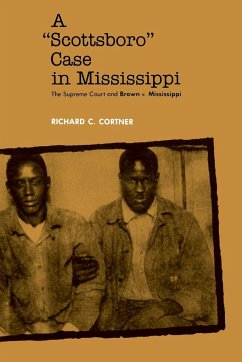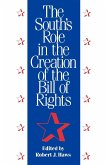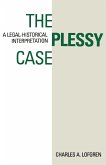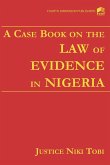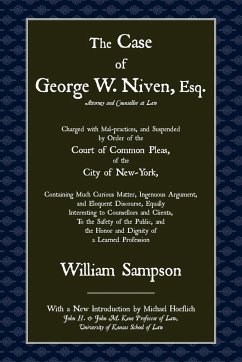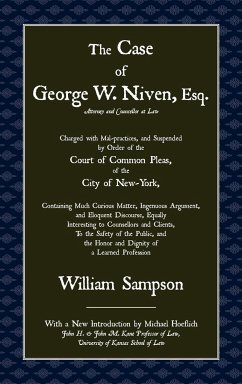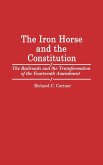This absorbing book is a systematic analysis of the litigation in Brown v. Mississippi, in which the Supreme Court made a pathbreaking decision in 1936 showing the unconstitutionality of coerced confessions. The case exonerated Ed Brown, Henry Shields, and Arthur (Yank) Ellington, three black sharecroppers who had confessed under torture to the murder of a white planter. This case, similar to the notorious ¿Scottsborö case in Alabama, paved the way for the controversial MIRANDA decision thirty years later. This book presents a dramatic story of both tragedy and triumph, one in which human nature is revealed at its best and at its worst, with courage, decency, and self-sacrifice contrasting sharply with bigotry, brutality, and indifference. Ultimately, however, A ¿Scottsborö Case in Mississippi is an account of how the Supreme Court came to make a precedent-setting decision enhancing the protection of liberty under the Constitution.
Hinweis: Dieser Artikel kann nur an eine deutsche Lieferadresse ausgeliefert werden.
Hinweis: Dieser Artikel kann nur an eine deutsche Lieferadresse ausgeliefert werden.

